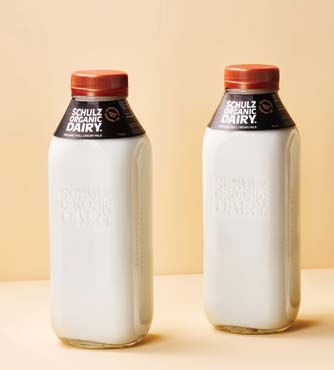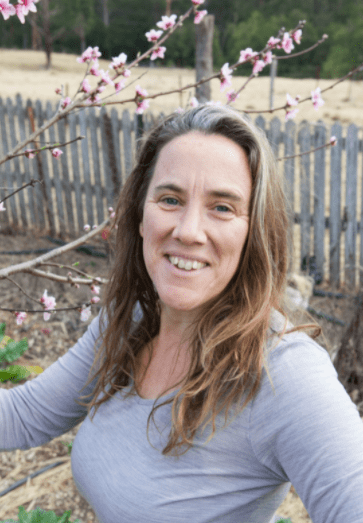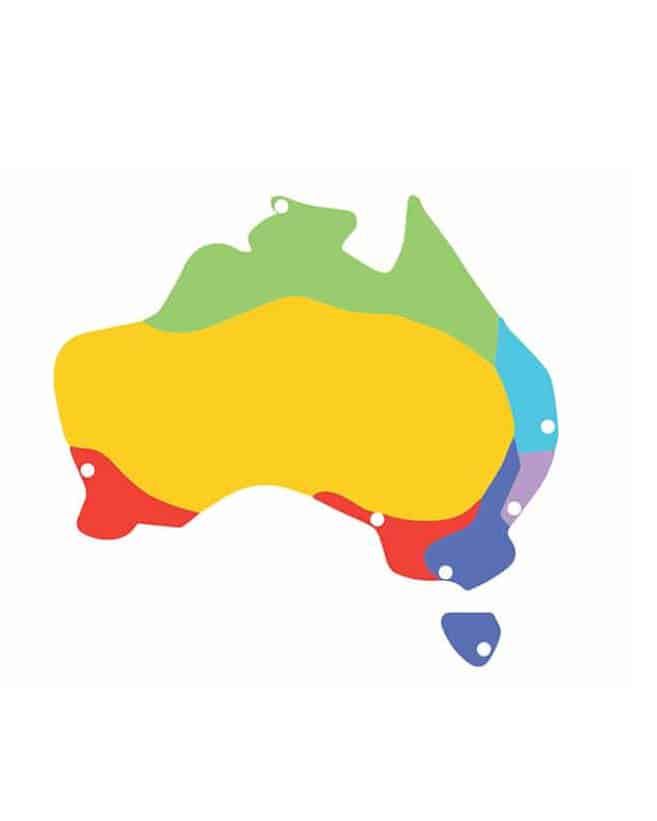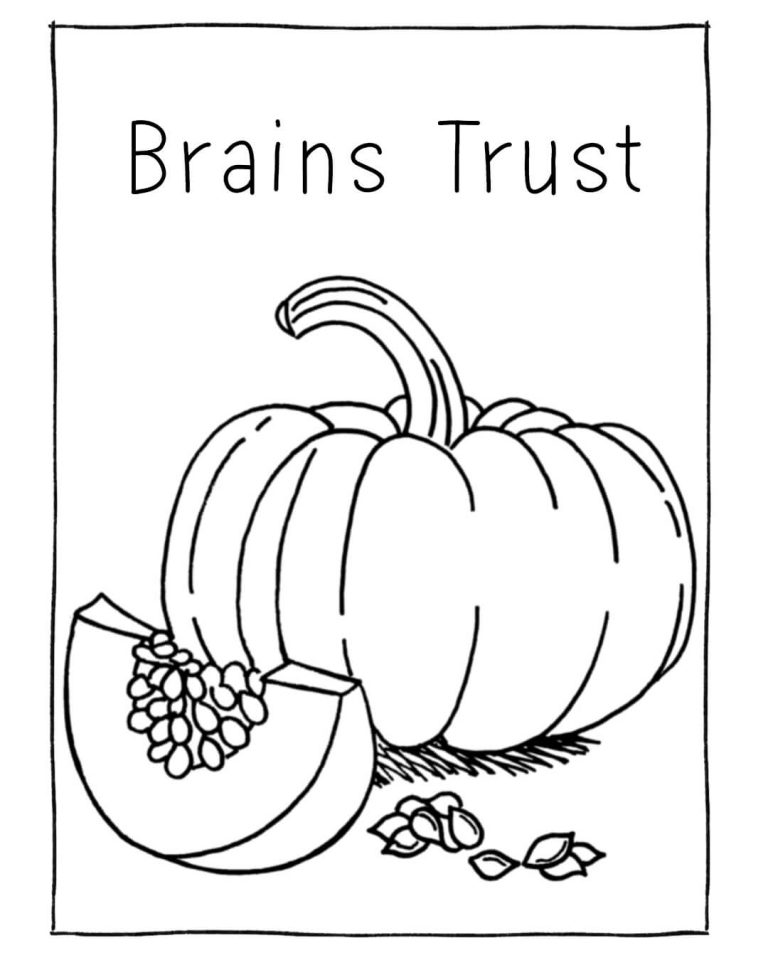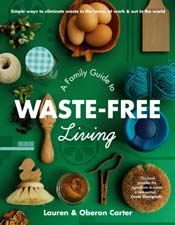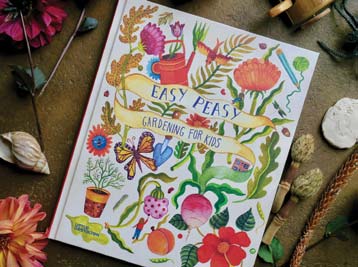Kids’ Patch
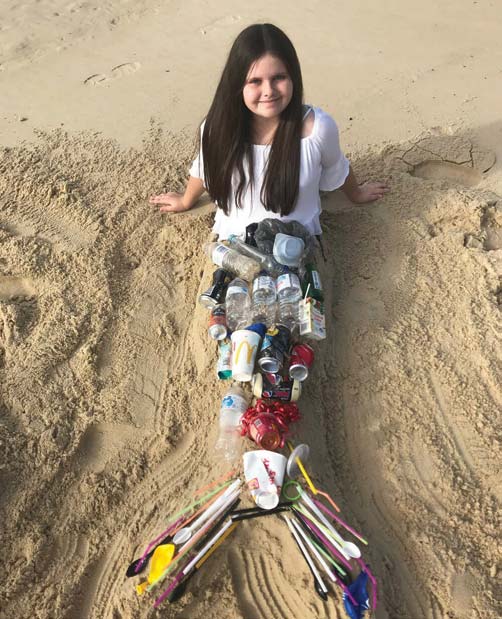
Plastic pollution and old fishing lines are a serious problem for sea life, so when 12-year-old Shalise Leesfield learned it was killing thousands of sea animals each year, she set out on a crusade to clean up local beaches and save lives.
‘Two years ago, I started noticing a lot of rubbish around our waterways, especially old fishing line. I was always finding large clumps of it scattered all over the sand. When I found out how bad forgotten fishing line and plastic pollution can be for the marine animals, it made me really upset,’ says Shalise.
‘Fishing line is one of the most harmful forms of marine pollution because it’s strong and invisible in the water. A lot of marine animals can’t see it and get tangled in it. Fishing line can take up to 600 years to break down. Sea turtles, marine mammals and even sea birds can be severely injured or die from entanglement in forgotten line.’

